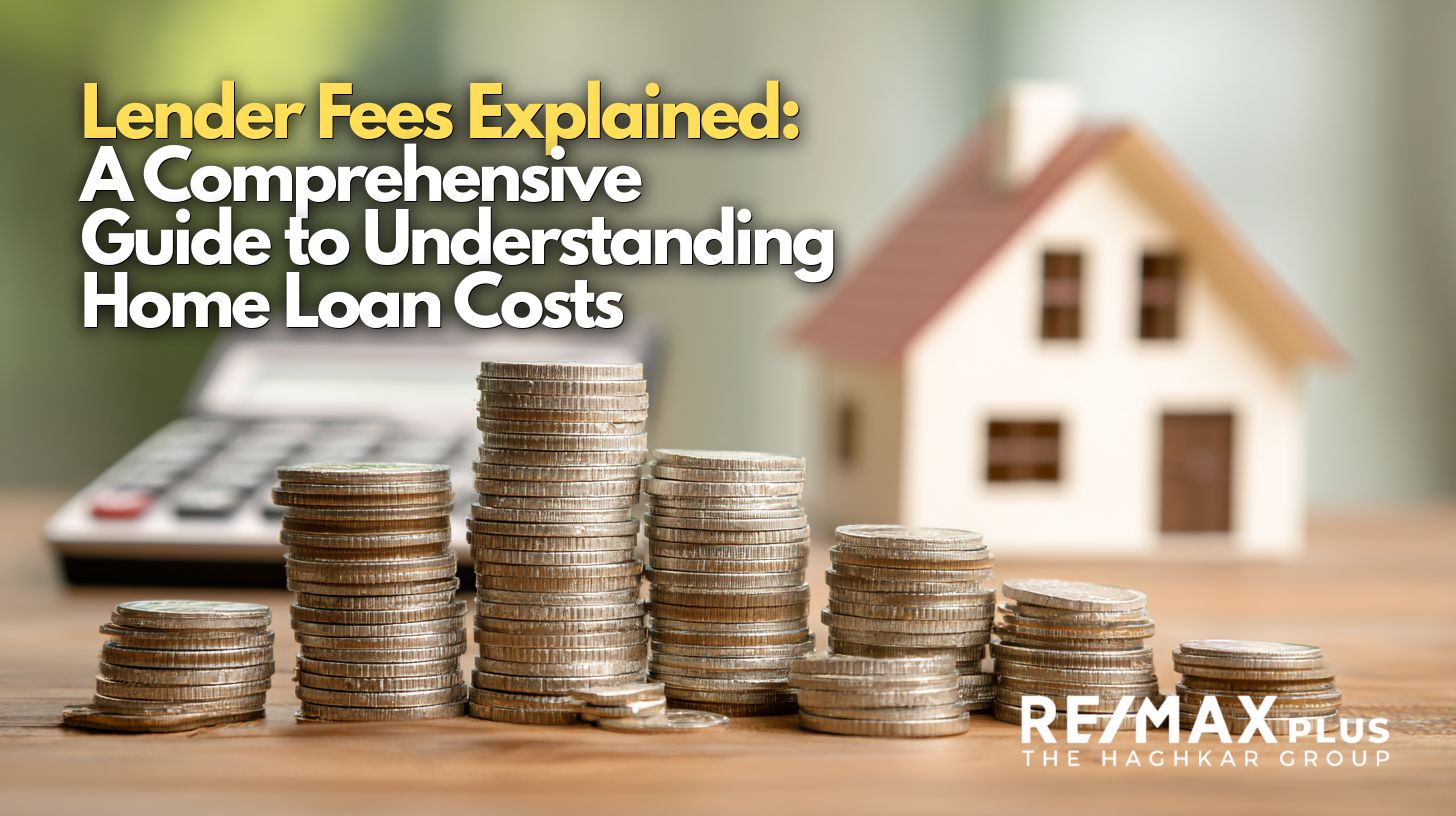
29 Sep Lender Fees Explained: A Comprehensive Guide to Understanding Home Loan Costs
Lender Fees Explained: Navigating Home Loan Costs
In the complex world of homebuying, understanding “lender fees” is key to making informed decisions. Lender fees are the charges imposed by lenders for processing and originating home loans. Grasping these costs helps avoid surprises during your homebuying journey. This blog offers a detailed guide to the various mortgage-related costs, including mortgage insurance premiums, escrow account setup, property tax escrow, title insurance costs, and early mortgage payoff strategies. For more insights on related topics, check out our post on Home Buying 101.
Estimated Reading Time
Approximately 7 minutes
Key Takeaways
- Understanding lender fees can help avoid unexpected costs during homebuying.
- FHA loans often require a mortgage insurance premium.
- Escrow accounts are crucial for managing property taxes and insurance.
- Title insurance is essential for protecting ownership interests.
- Early payoff strategies can lead to significant savings.
Table of Contents
- Mortgage Insurance Premium (MIP)
- Escrow Account Setup
- Property Tax Escrow
- Title Insurance Cost
- Early Mortgage Payoff Strategies
- Final Thoughts
1. Mortgage Insurance Premium (MIP)
Definition
A mortgage insurance premium (MIP) is an insurance policy mandated by lenders when your down payment is below a certain threshold, usually 20%. This premium is particularly common with FHA loans and acts as a safeguard for lenders if borrowers default on their loans. Learn more from NerdWallet. If you’re considering a home purchase, understanding the mortgage basics can be vital; read our guide on How To Sell Your Home in a Buyer’s Market for additional context.
When and Why Required
MIP requirements are most prevalent in FHA loans, serving as protection for lenders if the borrower cannot fulfill payment obligations. The insurance acts as an incentive, lowering the barrier for borrowers to secure loans with smaller down payments. More information can be found at NerdWallet.
Costs and Impact
For FHA loans, borrowers need to pay an upfront MIP of approximately 1.75% of the loan amount, alongside annual premiums paid monthly. While this adds to monthly mortgage payments, it also allows borrowers to qualify without a substantial down payment. Further insights are available at NerdWallet.
2. Escrow Account Setup
What is an Escrow Account?
An escrow account is a separate reserve managed by the lender to gather and distribute payments for expenses such as property taxes and homeowners insurance. This ensures these critical costs are paid on time, preventing any potential default. For additional details, refer to NerdWallet and consider how these fees relate to Ways You Can Save Money as a Homeowner.
Setup Steps
Setting up an escrow account typically involves making upfront deposits, often equivalent to two months’ worth of taxes and insurance payments. This initial contribution is generally collected at the closing of the home purchase. Learn more from NerdWallet.
Fees or Costs
While the setup might not require a direct fee, maintaining the escrow balance translates to higher upfront and monthly costs included in your mortgage payment. More detail is available at NerdWallet.
3. Property Tax Escrow
Purpose
The objective of a property tax escrow is to ensure timely payment of property taxes by integrating them into your mortgage payment. This proactive measure, managed by your lender, minimizes the risk of late payment penalties. Discover more from NerdWallet and consider the potential benefits explored in our post on 7 Home Improvement Projects That Can Add Value to Your Home.
How Taxes Are Managed
Your lender collects funds for property tax within your monthly mortgage payments. These are disbursed when taxes are due, ensuring timely payments and preventing late fees.
Benefits and Costs
The escrow system offers convenience, circumventing large, unplanned tax bills. However, it requires prepaid taxes at closing and higher ongoing payments, reflecting in your monthly mortgage costs. Details are available at NerdWallet.
4. Title Insurance Cost
Definition and Importance
Title insurance is pivotal for safeguarding against losses from ownership history defects. Lenders often require this, providing protection against claims challenging the legitimacy of property ownership. More information can be accessed from HAR and the Consumer Financial Protection Bureau.
Cost Breakdown
Title insurance is generally a one-time fee paid at closing, tied to your home’s purchase price. It ranges from a few hundred to several thousand dollars, varying by state and loan size. Check the specifics at the Consumer Financial Protection Bureau.
Who Is Protected
Lender’s title insurance benefits the lender, while owner’s title insurance, although optional, protects the homeowner’s interests.
5. Early Mortgage Payoff Strategies
Strategies
Thinking of an early mortgage payoff? Consider approaches like additional payments towards principal, refinancing for a shorter term, or biweekly payments to reduce the loan’s duration. They can help streamline your journey to financial freedom.
Savings Potential
These methods can help decrease the total interest paid over the mortgage life, boosting overall savings and financial freedom. For additional guidance on finance-related matters, explore our article on Rookie to Pro: How to Start Investing.
Fees and Penalties
Be aware of potential prepayment penalties in some mortgages. Always verify your loan’s terms to understand any restrictions or fees associated with early payoff.
Final Thoughts
Understanding essential lender fees—from mortgage insurance and title insurance to escrow setups—is imperative for navigating the homebuying process with confidence and clarity. Knowing these fees helps you estimate costs, enabling smoother financial planning for your home journey. Explore more about these topics from HAR, NerdWallet, and the Consumer Financial Protection Bureau.
Remember, a thorough understanding of these fees can save you money and simplify your journey to homeownership. If you need guidance customizing fee structures, consider reaching out to a mortgage advisor or financial planner.
Ready to Talk About Getting a Loan?
Navigating lender fees and other related costs can be complex. Partnering with an expert ensures that you’re making decisions that align with your financial goals. Connect with a skilled real estate professional at RE/MAX Plus and take the first step towards making informed homebuying decisions. Reach out today to discuss your needs and opportunities with our dedicated team!

